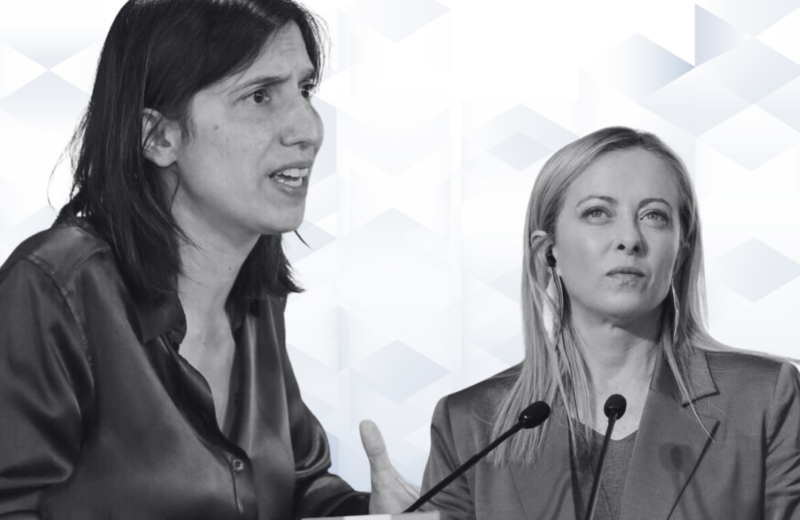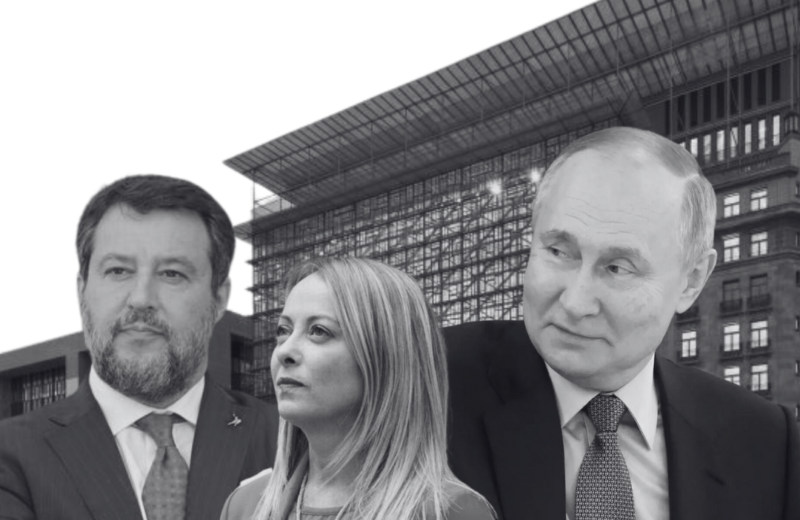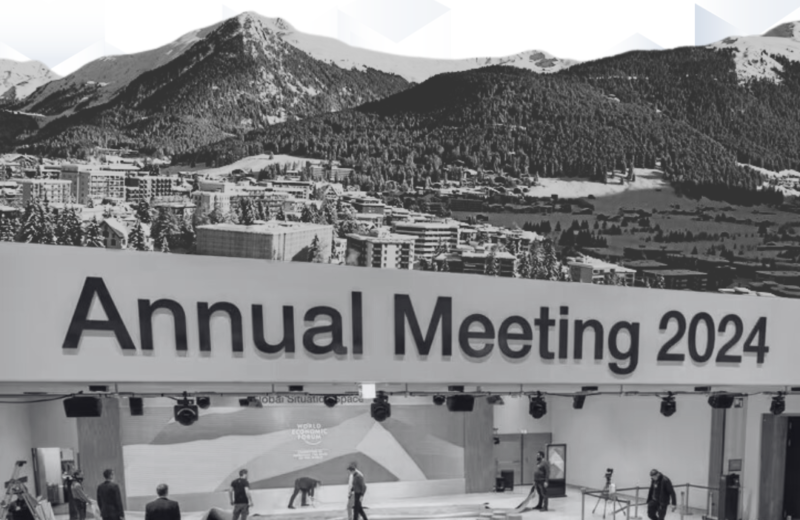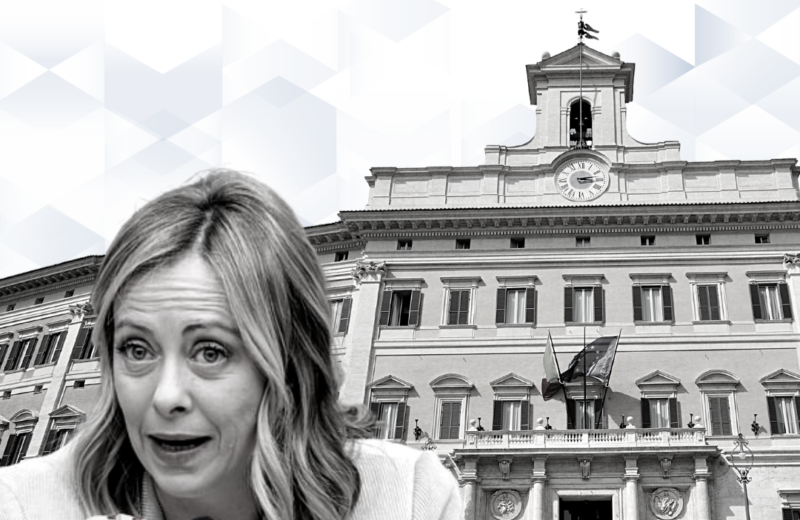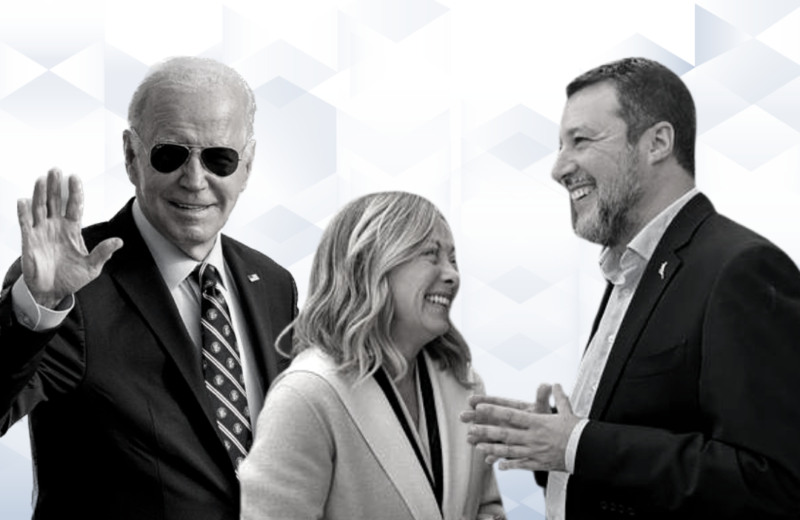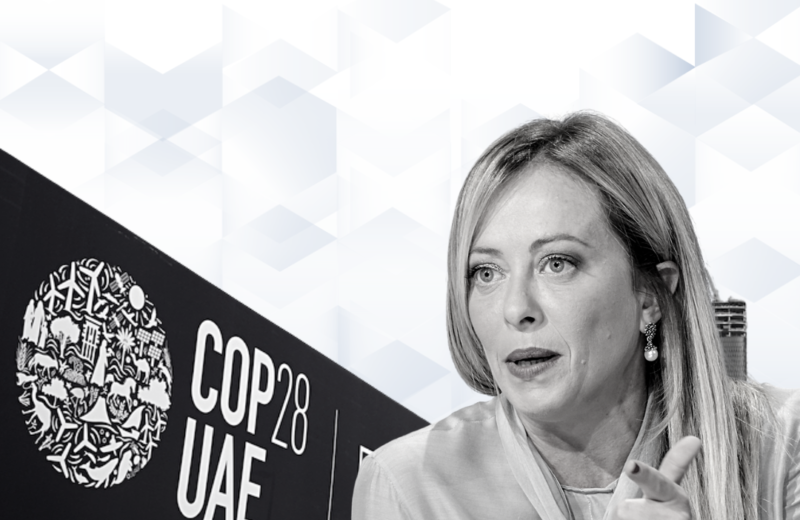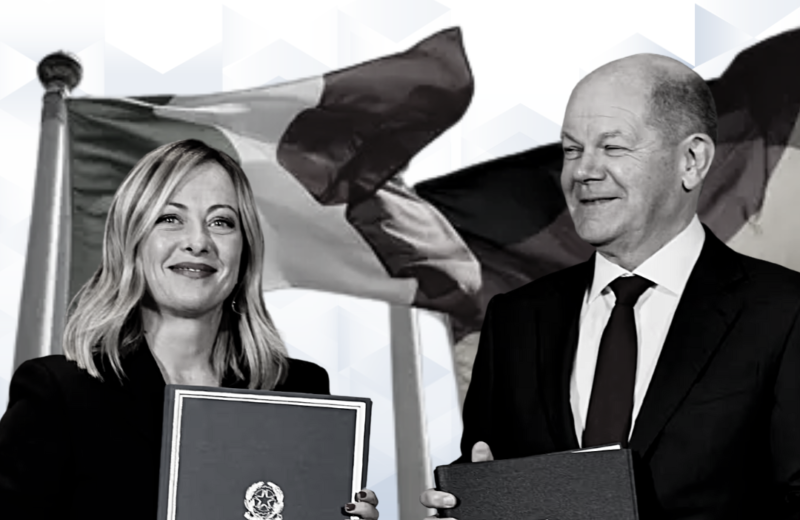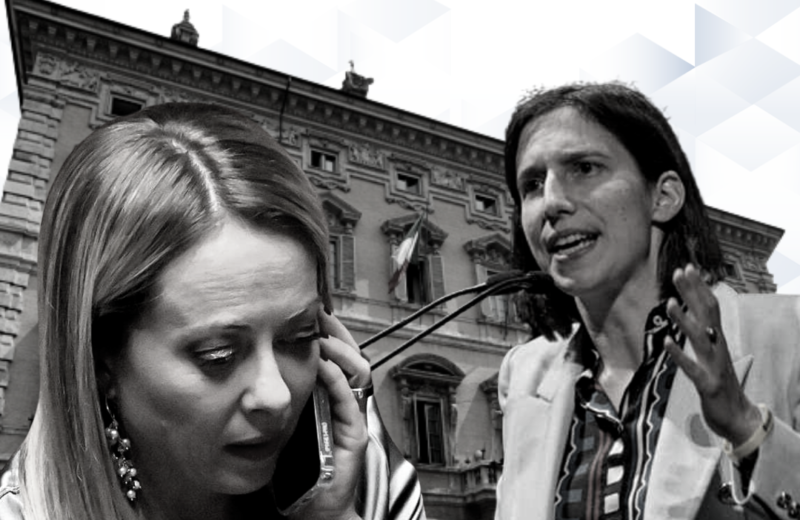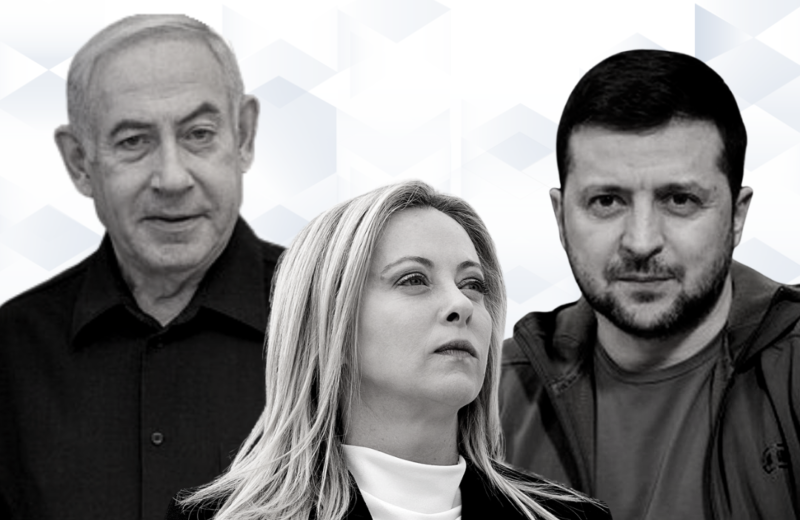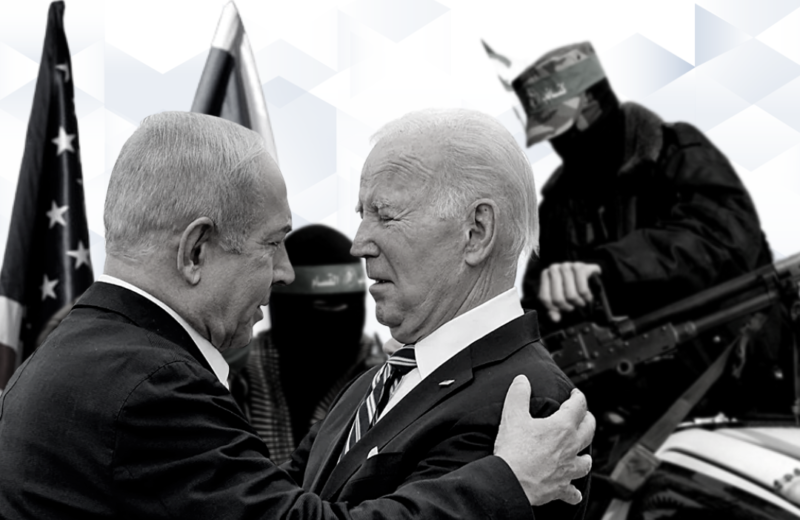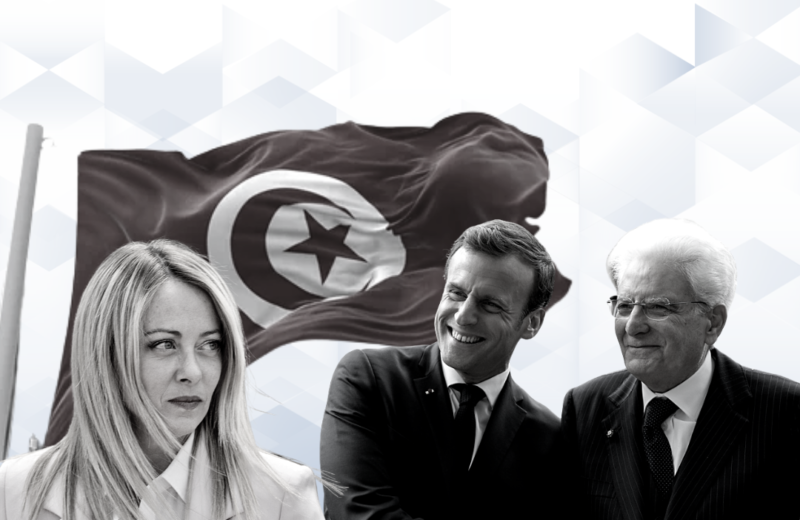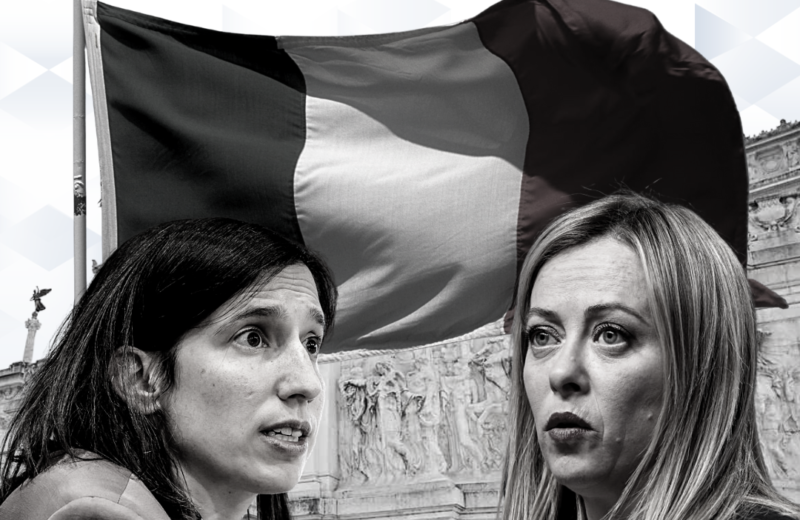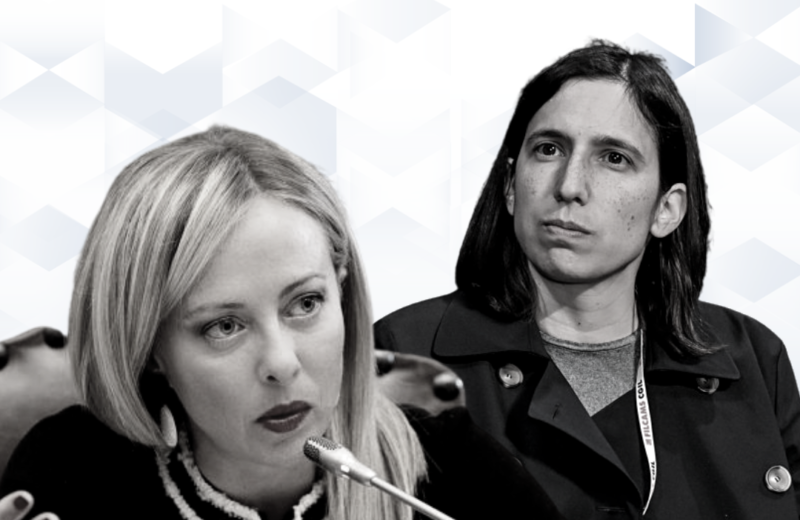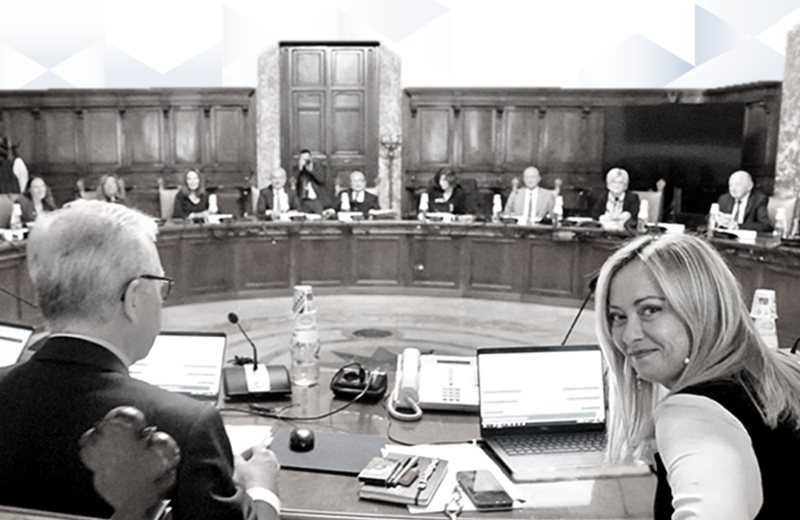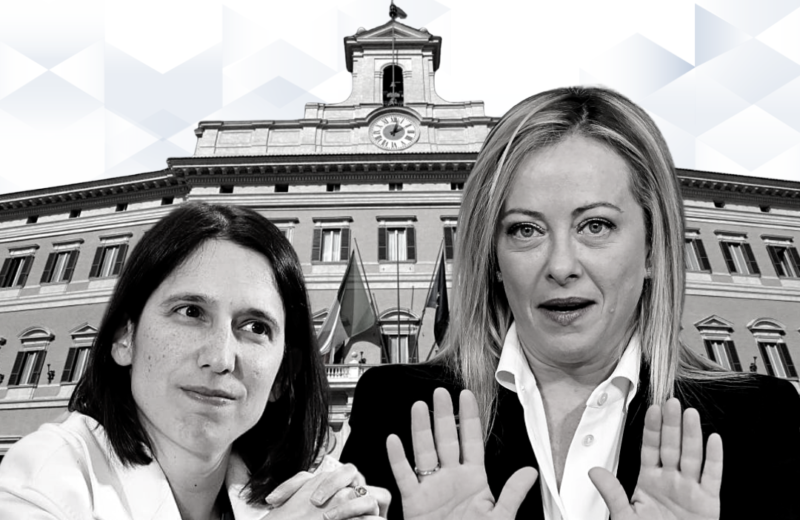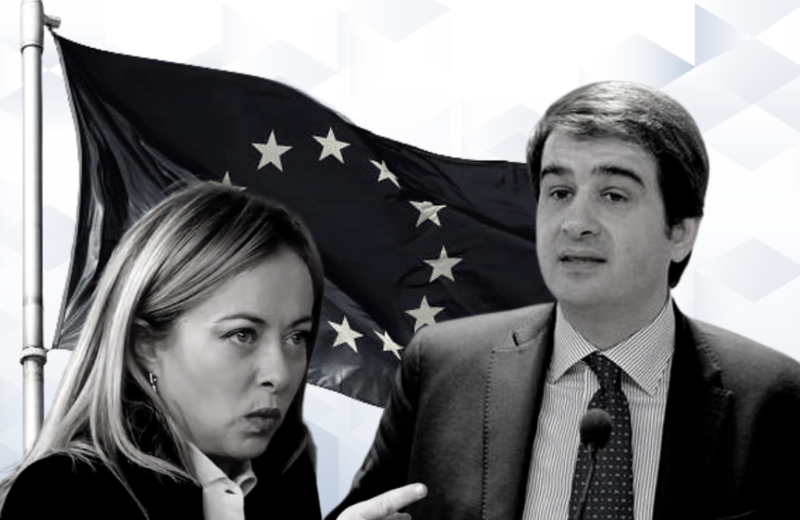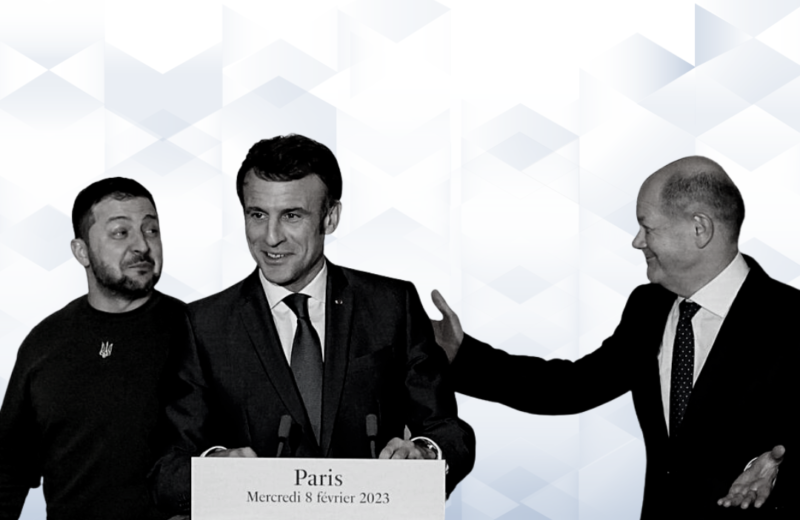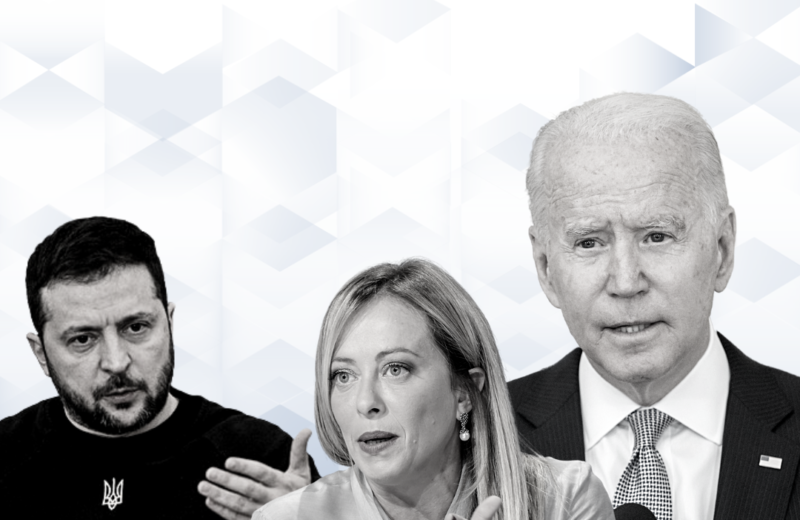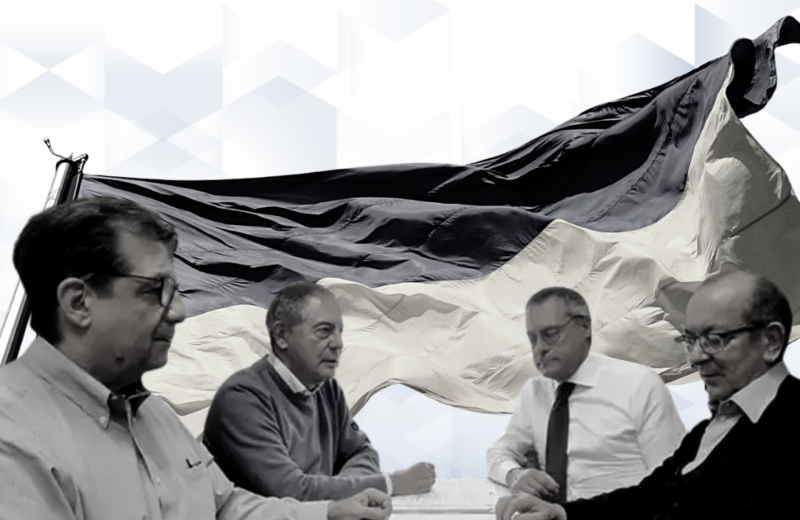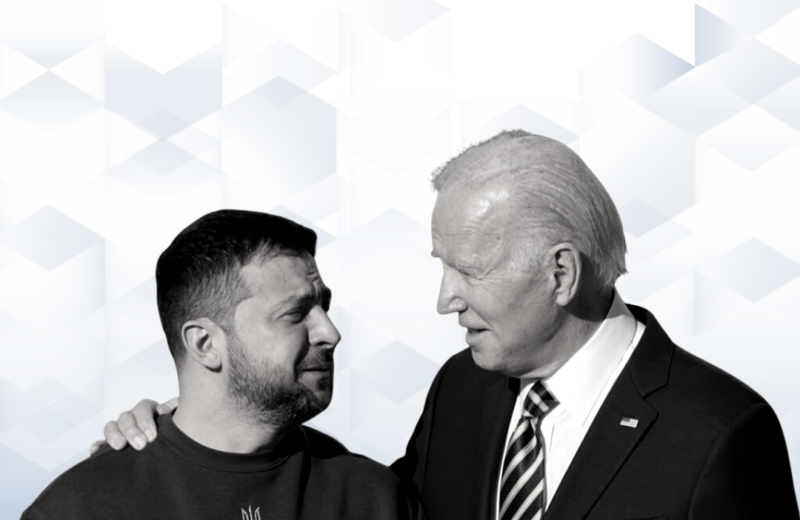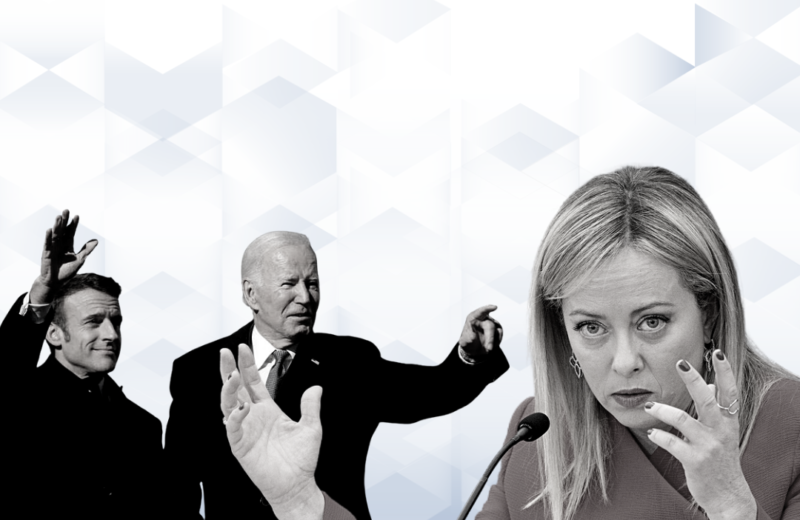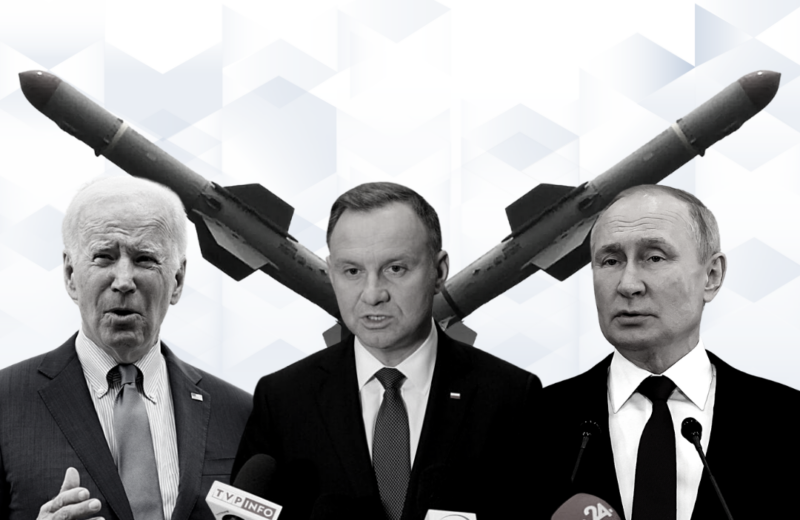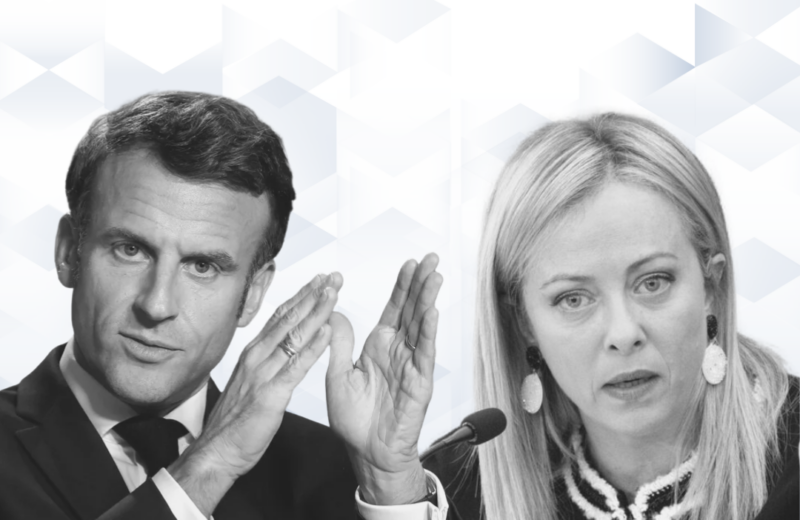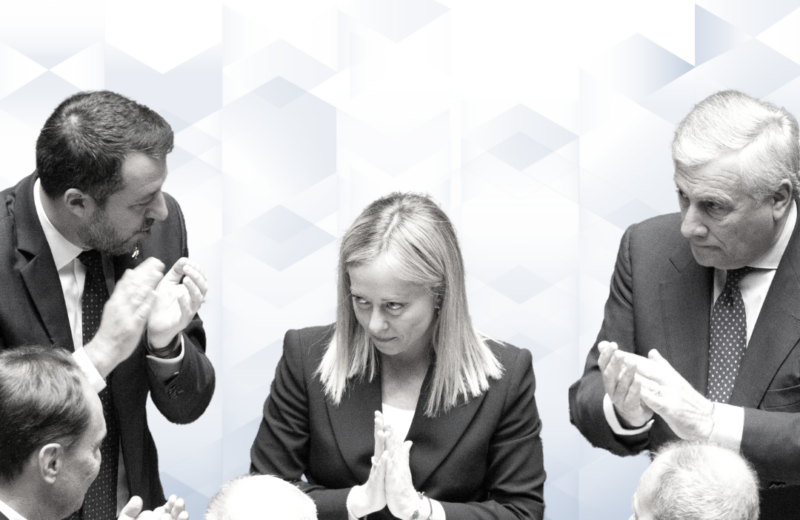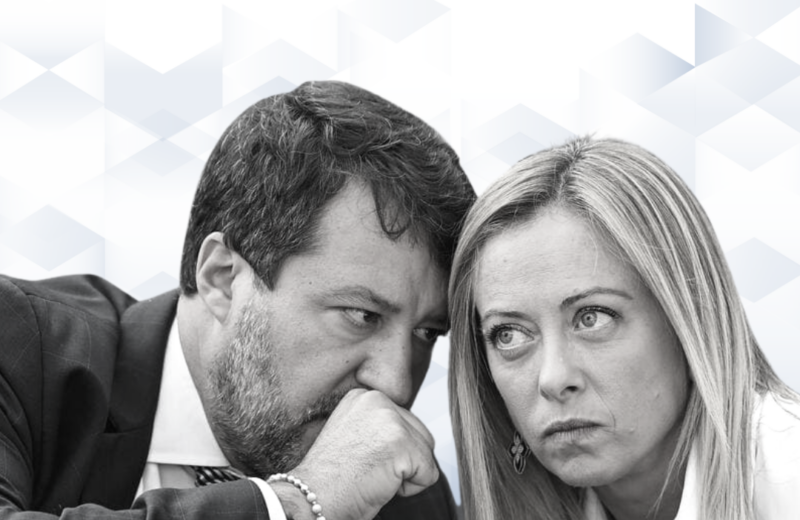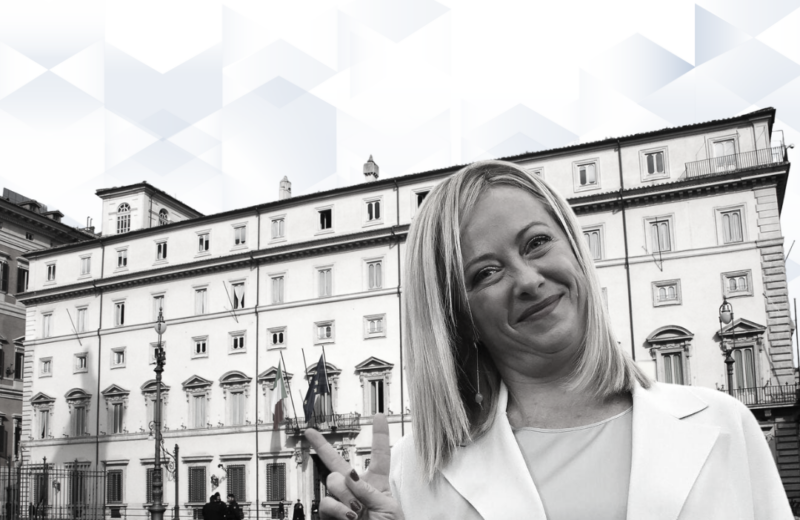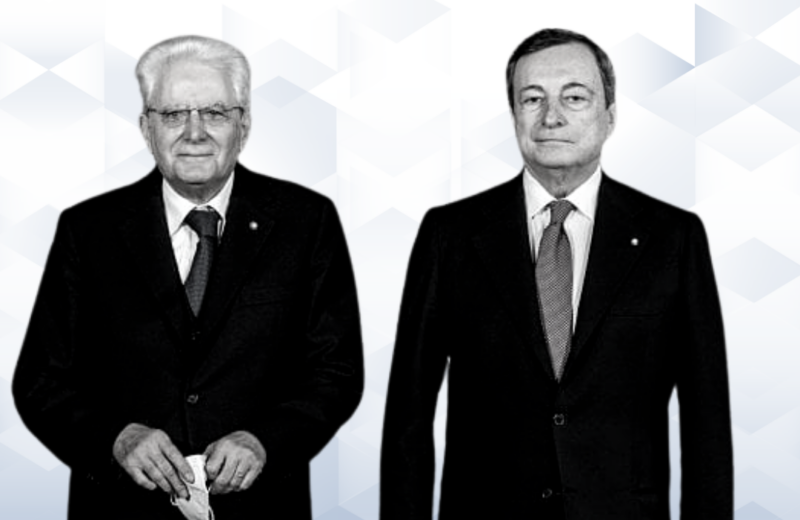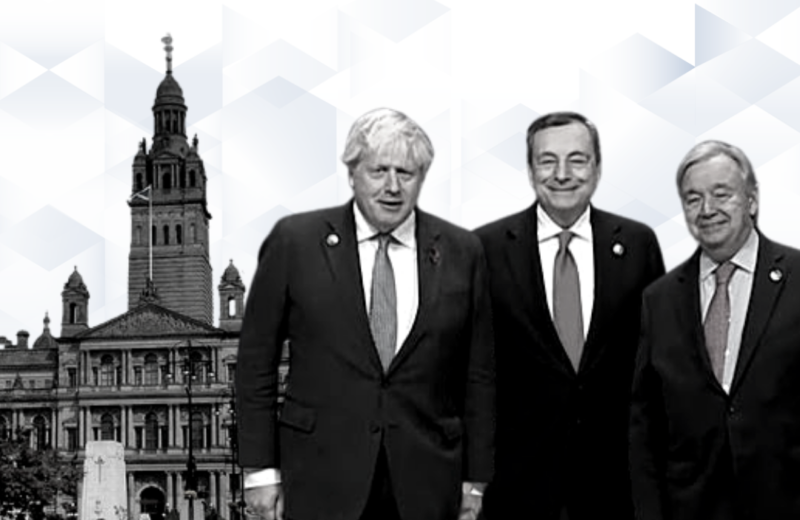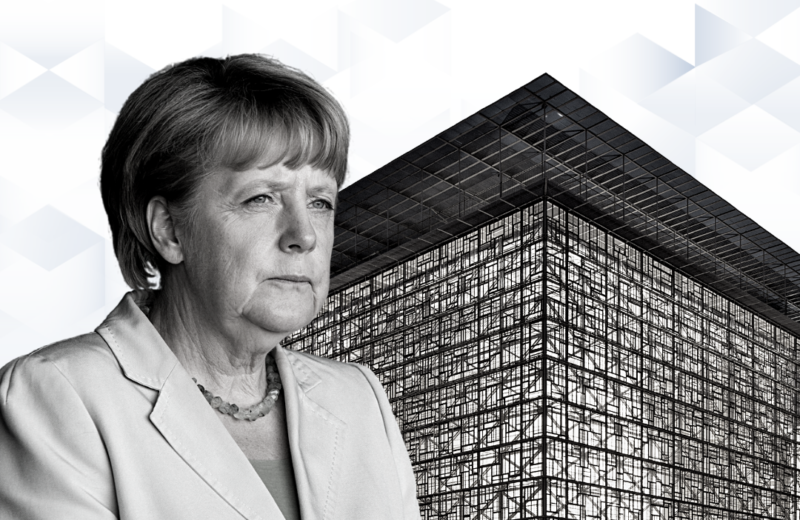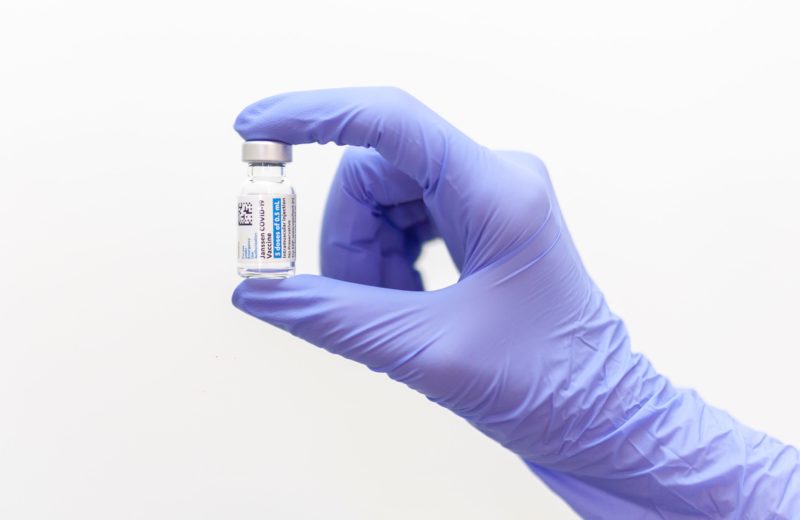Agreements and disagreements put to the test of the vote
Agreements and disagreements, that’s how one can sum up the just-concluded political week. On one hand, there was substantial agreement between the majority and the opposition, as demonstrated by the nearly unanimous approval of Parliament for international missions on Tuesday, March 5th. On the other hand, as expected, the usual tensions have arisen in anticipation of the upcoming election appointment, specifically concerning the regional elections in Abruzzo.
Regarding foreign commitments, political forces have almost unanimously endorsed Italy’s involvement in some of the hottest international scenarios. Authorization has been granted for Italy to participate in three new missions from January 1st to December 31st, 2024. One, Levant, is currently an exclusively humanitarian mission in support of the civilian population of Gaza. Another falls under the broader initiative of the European Union, involving the deployment of a magistrate to Ukraine to assist the local government in introducing reforms that strengthen the rule of law. The third, Aspides, is by far the most significant mission, established by the EU’s Foreign Affairs Council on February 8th. Its purpose is to ensure free and safe navigation in the Red Sea for merchant vessels, protecting them from attacks by the Houthis, who have been carrying out attacks and missile launches against Western ships for months. Minister Tajani emphasized in Parliament that the Aspides mission in the Red Sea “will only have defensive functions” and will never act “in a preventive manner.” The initiative will provide necessary and proportionate responses at sea and in airspace, never on land, as clarified by the Deputy Prime Minister. “It will operate in the Red Sea, the Gulf of Aden, and the Persian Gulf with the aim of protecting our traffic, containing the risks of regional escalation.”
Disagreements, however, arise on the domestic front, with parties grappling with the second electoral challenge in a few weeks, namely in Abruzzo. While a few weeks ago, victory for the majority forces seemed more plausible, now the game seems more open. Sunday’s vote represents a challenge for the current government, especially in light of the upcoming European elections. It remains to be seen if what happened in Sardinia was just an episode or the beginning of a new phase. The coalitions face off focusing on two candidates: Marco Marsilio, the current regional governor and close to Prime Minister Giorgia Meloni, on one side; on the other, Luciano D’Amico, an accountant and economics professor at the University of Teramo, supported by the entire united center-left. The massive presence of the center-right in the region highlights the importance of the game, prompting prominent government figures to mobilize. Just this week, the Prime Minister signed the cohesion agreement, allocating 1.3 billion euros to Abruzzo, Matteo Salvini promised 720 million to enhance the Rome-Pescara railway line, Health Minister Orazio Schillaci allocated 60 million for the renovation of Chieti hospital, and Business Minister Adolfo Urso promised a 50 million investment for the Fucino Space Center. Voting is only allowed on Sunday, and split voting is not permitted.
Sunday’s vote will therefore conclude an eventful week, which began, among other things, with a new case that sparked heated debate in the political arena: the discovery of a dossier action involving a long list of political, business, sports, and entertainment figures. This case became the subject of a discussion between Justice Minister Carlo Nordio and Defense Minister Crosetto, at the end of which the possibility of establishing a parliamentary inquiry commission with investigative powers to analyze once and for all this deviation, which had already been deemed very serious at the time of the Palamara scandal and has now become even more serious, was evaluated.
